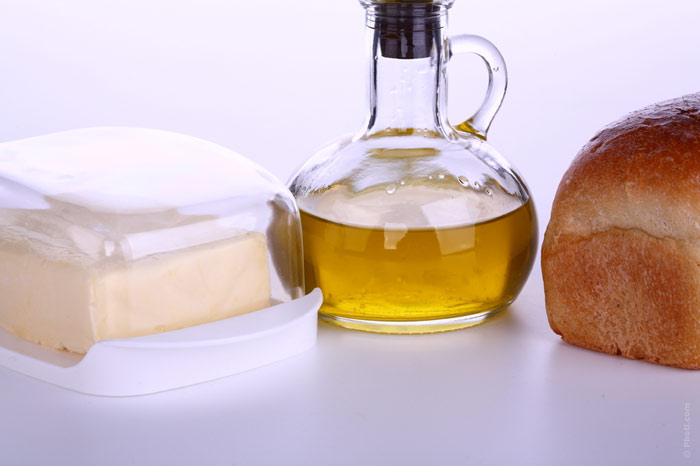
When we start talking about healthy eating, it almost always implies the exclusion of butter from the diet. For many years, the product that raises cholesterol levels was considered harmful, but now experts are convinced of the injustice of such an assessment.
1. Vitamins
Adding butter on a slice of bread in the morning can not only improve your body’s immune system, but reduce the growth of cancer cells, increasing the number of red blood cells. This is due to vitamin A and vitamin D. One tablespoon of butter contains 7% and 2% of the required daily doses of vitamins A and D respectively. In addition, since both vitamins are soluble in fat, butter promotes better absorption of these nutrients in the body.
2. Bones
Due to the high content of vitamins K and D, butter helps to increase the strength of bones and muscles. Vitamin K not only supports bone mineral density, but also reduces the number of rib fractures in women by 30%, as the studies show. To achieve this effect, women should consume at least 110 mg of butter per day.
3. Diabetes
Sodium butyrate that is contained almost exclusively in cheese and butter is associated with increased insulin sensitivity in the patients with diabetes. Butter also helps to reduce the symptoms of constipation and protects against colon cancer.
4. Cancer
Dairy products, which include butter, contain linoleic acid. It is associated with a reduction in tumor size of the gastrointestinal tract and also with the successful fight against breast cancer. This is the conclusion reached by the researchers from Roswell Park Cancer Institute.
5. Heart
Contrary to popular beliefs, some varieties of margarine contain more nutrients harmful to health than butter. These are the so-called trans fats. The researchers have also found that trans fats in margarine increase mortality in the patients with heart disease significantly greater than saturated fats in butter.
6. Caries
Some of the fat-soluble vitamins, calcium, and vitamins A, D and K can be found in a variety of butter due to cows that are fed grass; they help fight tooth decay. That is the conclusion reached by the researchers from the UK.






